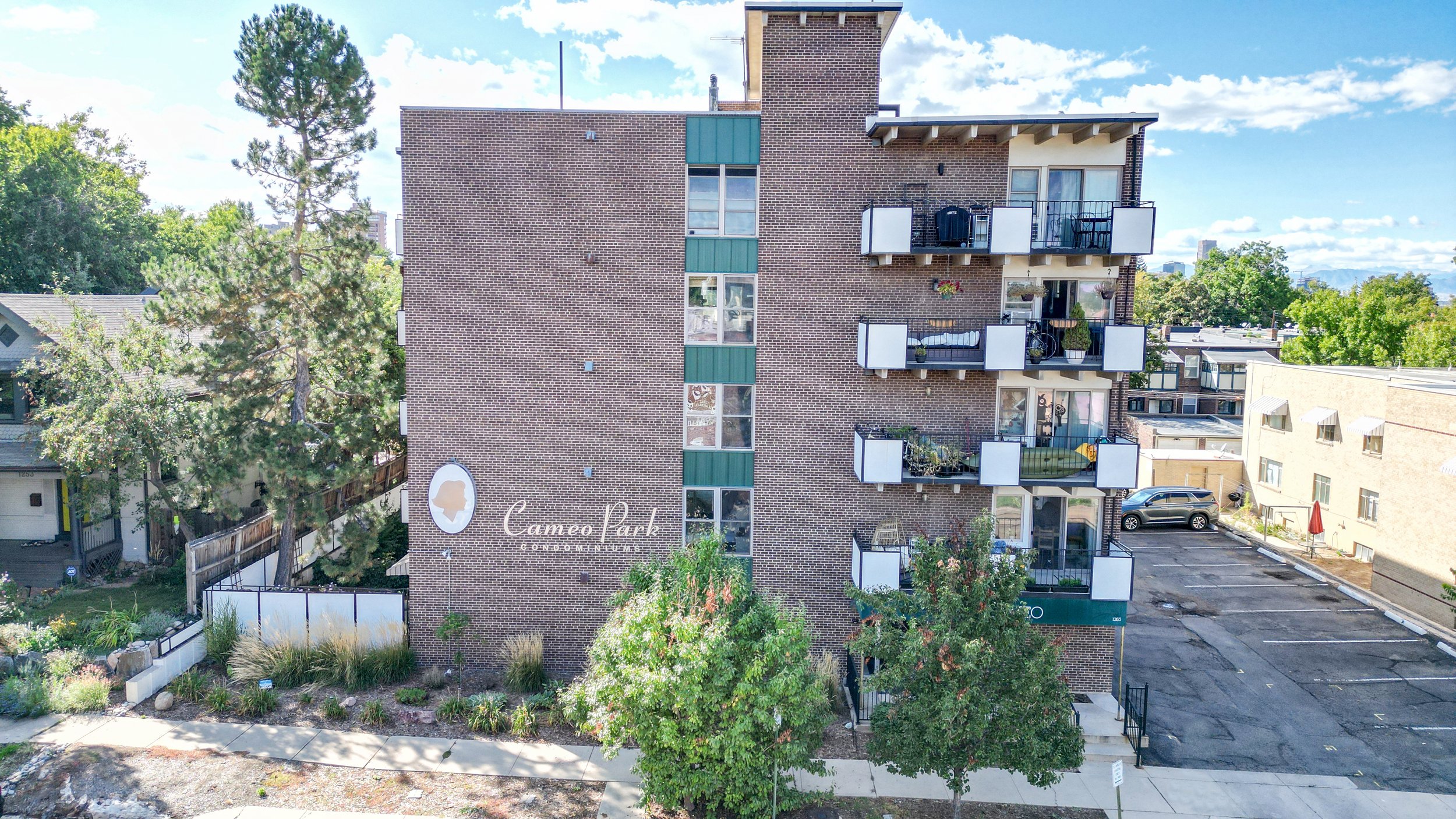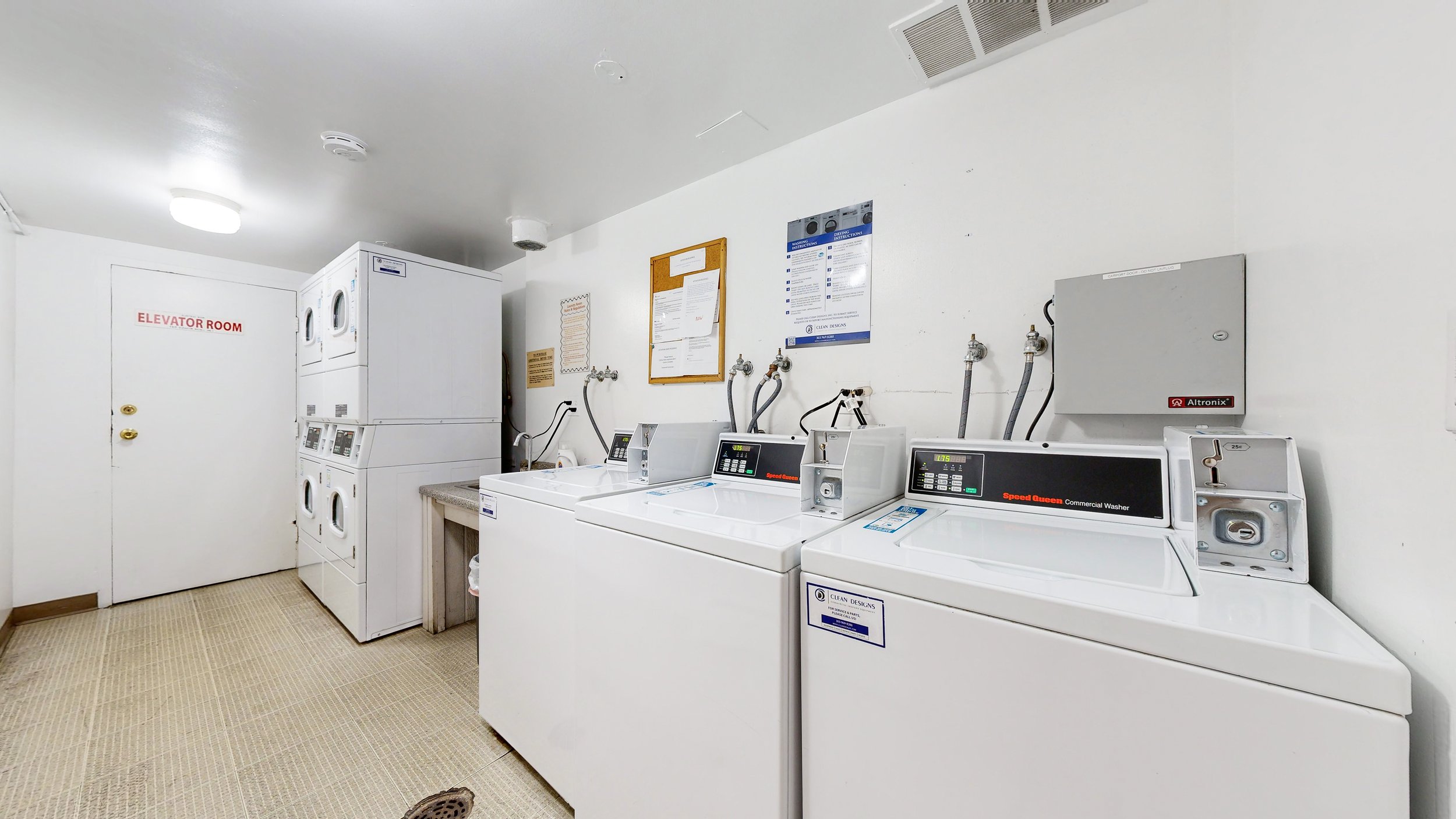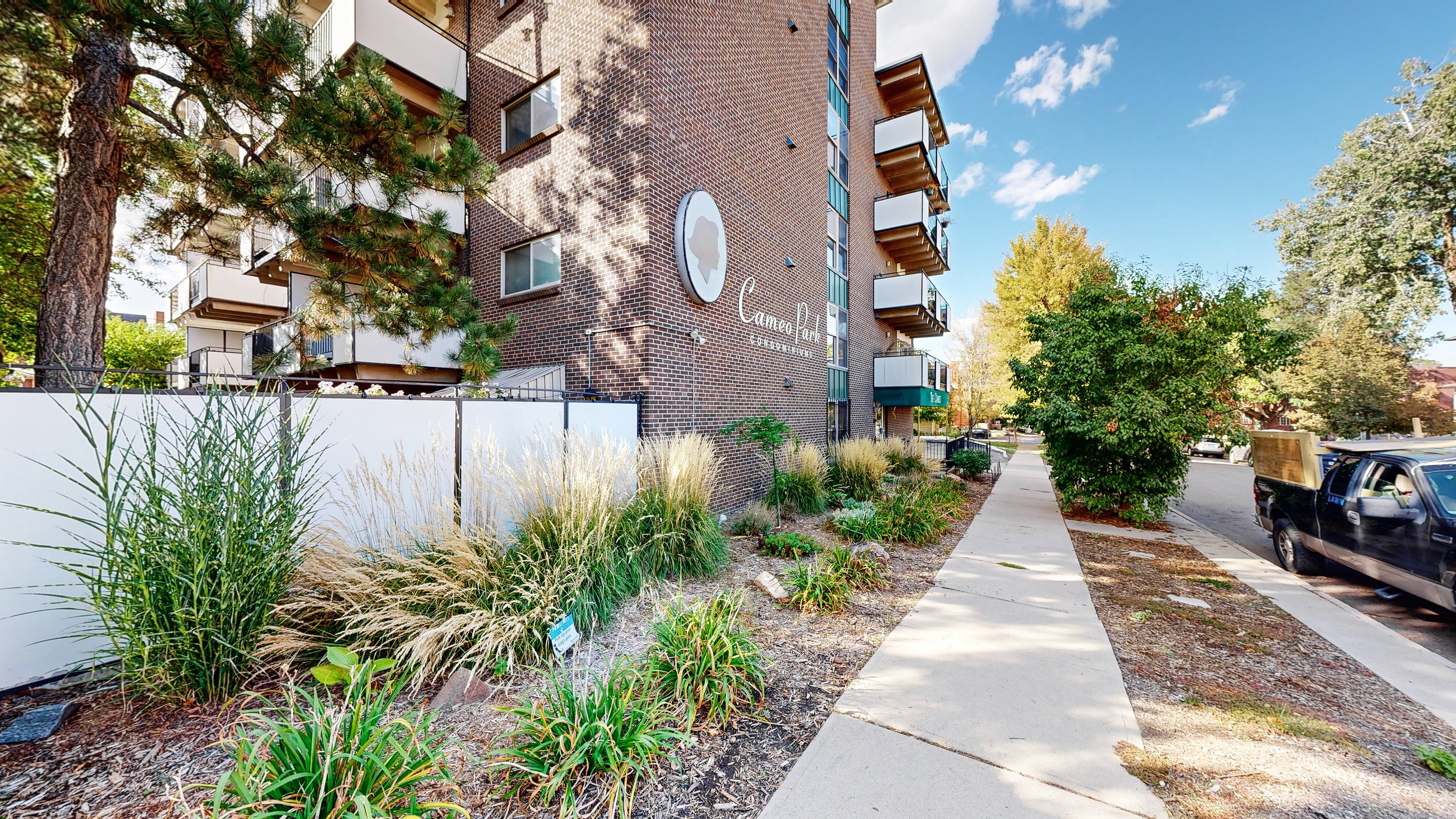In today's interconnected digital landscape, QR codes have become an integral part of our lives. From making payments to accessing websites, these pixelated patterns simplify various tasks. However, the rise of fake QR codes has cast a shadow over their convenience, posing a significant threat to unsuspecting individuals. In this blog, we will delve into the world of fake QR codes and the scams associated with them.
The Convenience and Vulnerability of QR Codes
QR codes, or Quick Response codes, have revolutionized the way we interact with technology. With just a simple scan, we can instantly access information, initiate transactions, and connect with various services. Their ease of use has made them a favorite among consumers and businesses alike. Unfortunately, this very convenience has made them a prime target for cybercriminals looking to exploit unsuspecting users.
Understanding Fake QR Codes
Fake QR codes are fabricated QR codes that appear legitimate on the surface but are designed to redirect users to malicious websites or initiate unauthorized transactions. These codes can be easily generated by cybercriminals with malicious intent. They might be placed in public spaces, attached to products, or sent via phishing emails or messaging apps, enticing users to scan them.
Common Scams Involving Fake QR Codes
Phishing Attacks: Scammers often use fake QR codes to lure users into providing sensitive information. For instance, a QR code sent via email might claim to lead to a legitimate website, but instead, it redirects users to a fake login page where their credentials are stolen.
Malware Distribution: Cybercriminals can also embed malware-laden QR codes in seemingly harmless advertisements or links. Scanning such codes can result in the automatic download of malicious software onto the user's device.
Payment Fraud: Fake QR codes can lead users to counterfeit payment gateways or unauthorized donation pages. Unsuspecting individuals might end up transferring money to scammers without realizing it.
Product Tampering: Scammers can affix fake QR codes to products, promising discounts or additional information. Upon scanning, users might be led to phishing websites or malicious downloads.
Impersonation Scams: Cybercriminals can create QR codes that mirror those used by reputable businesses. Unsuspecting customers might scan these codes, inadvertently granting scammers access to their personal information or financial data.
Protecting Yourself Against Fake QR Code Scams
Verify the Source: Only scan QR codes from trusted sources. Avoid scanning codes from unknown emails, messages, or products.
Check the URL: Before scanning a QR code, examine the URL it points to. Be cautious if it seems suspicious or doesn't match the official website of the company or service.
Use Security Software: Ensure your device has updated antivirus and anti-malware software to detect and prevent potential threats.
Keep Software Updated: Regularly update your operating system, apps, and security software to patch vulnerabilities that scammers might exploit.
Educate Yourself: Stay informed about the latest scams and techniques used by cybercriminals to deceive users. Awareness is a powerful defense.
Scrutinize Product QR Codes: When offered discounts or promotions via QR codes on products, cross-verify with the official website or contact customer support before scanning.
In conclusion, while QR codes have undoubtedly made our lives more convenient, they've also opened the door to new forms of scams and cyberattacks. Staying vigilant and adopting safe scanning practices can go a long way in protecting yourself from falling victim to fake QR code scams. Always remember, a few moments of caution can save you from potentially devastating consequences in the digital realm.























